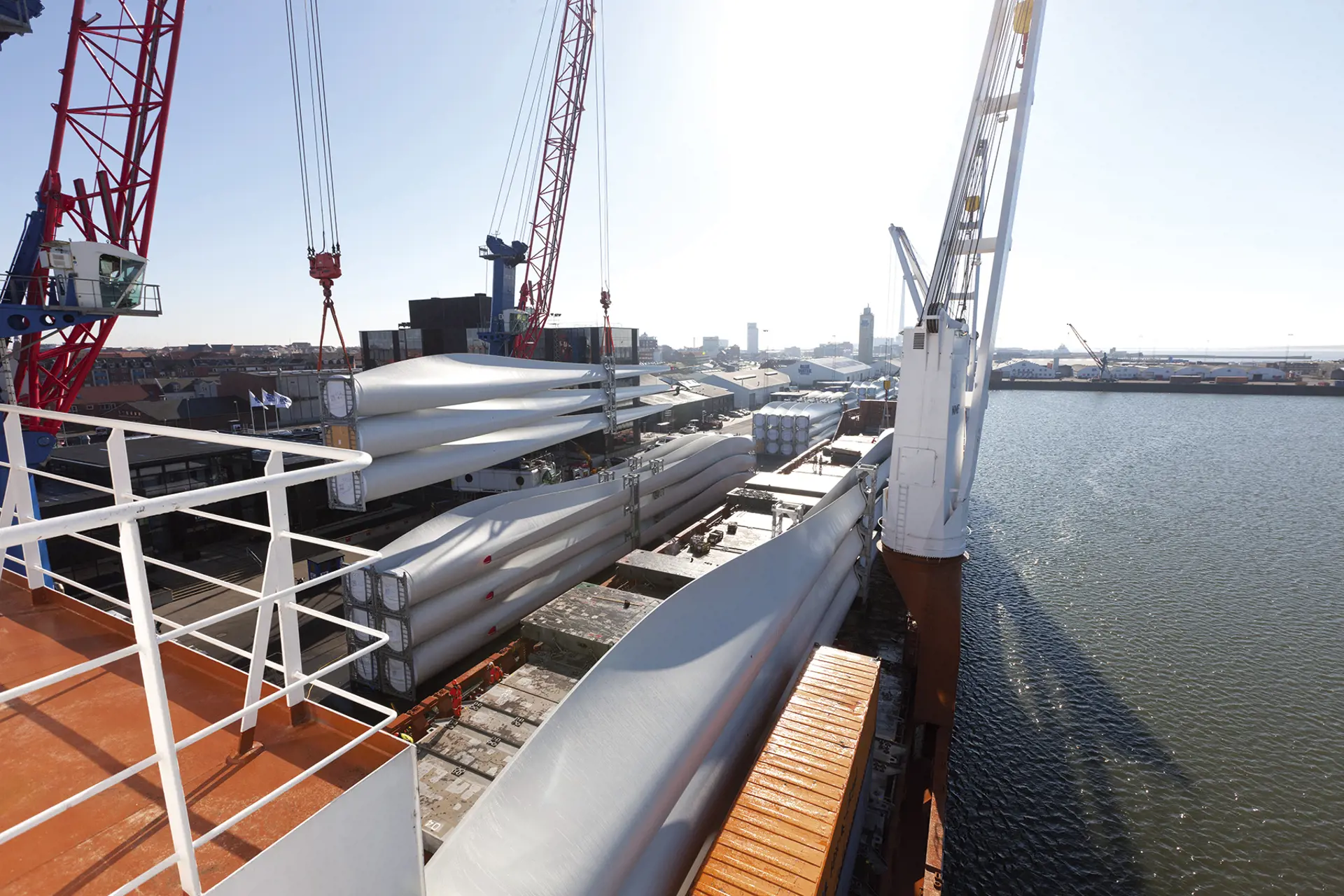Should I take out transport insurance?
Blog
How are you insured in the event of loss or damage to your goods - and is it worth taking out transport insurance or not?

At Blue Water, we will do everything we can to ensure that your goods arrive in safe and sound condition. But regardless of the mode of transport, damage can occur. In the event of loss or damage to your goods, it is therefore important that you take out transport insurance.
All modes of transport have their own national and international regulations. The CMR Convention applies to international road transport, the Hague-Visby Rules applies to sea freight, while the Warsaw and Montreal Conventions regulate air freight.
Our liability as a freight forwarder is determined by various country-specific laws and regulations. Depending on the mode of transport and type of goods, it is important that you take out suitable insurance. In this post, we will explain how you are better off with transport insurance.
Why should my goods be insured?
When you have transport insurance, you as a seller/buyer avoid full liability in the event of loss or damage to the goods. The carrier can be held liable, but this party's liability is limited, and you may only receive a small value of the compensation. That is why cargo insurance is essential to minimise financial risk and losses during transport.
By having transport insurance, you ensure that the goods are financially secured in the event of loss or damage during transport, while at the same time receiving compensation in the event of damage.
Transport insurance clarifies transport liability, which refers to the liability of the carrier or freight company during the transport of the goods. Transport liability can also be determined based on Incoterms, which are guidelines used in international trade that set standards for freight and delivery terms. Incoterms are also used to describe the transfer of risk between buyer and seller and who is responsible for covering insurance costs. Incoterms are therefore a tool for hedging risk.
The choice of transport insurance should be assessed based on how much cover your business needs. This includes how much financial loss the company can tolerate in relation to the need to cover the value of the entire cargo.
What does transport insurance cover?
As the carrier (i.e. the haulier, shipping line, airline or railway) does not hold full liability, you need to take out transport insurance to be fully covered. When doing so, your coverage depends on the chosen Institute Cargo Clause (A, B or C).
Transport insurance with Blue Water
The benefits of taking out insurance are many. At Blue Water, we can offer cargo insurance through a recognised insurance company and ensure you coverage corresponding to the full invoice value in the event of loss or damage when you transport with us.
We have increased the benefits even further by offering more coverage than usual for the same price.
When you transport with Blue Water, the insurance includes, among other things:
-
Damage assessment up to 90 days after delivery
- Up to 30 days storage of consolidation goods
- Compensation for loss of cargo on arrival of FCL cargo with intact container seal
The above is usually NOT covered by cargo insurance. However, as we know how important cargo insurance is, we have improved the conditions further for our customers.
Cargo insurance with Blue Water is based on a written agreement. You can choose to take out insurance on a one-off basis or opt for a permanent agreement that applies to all your transports.







